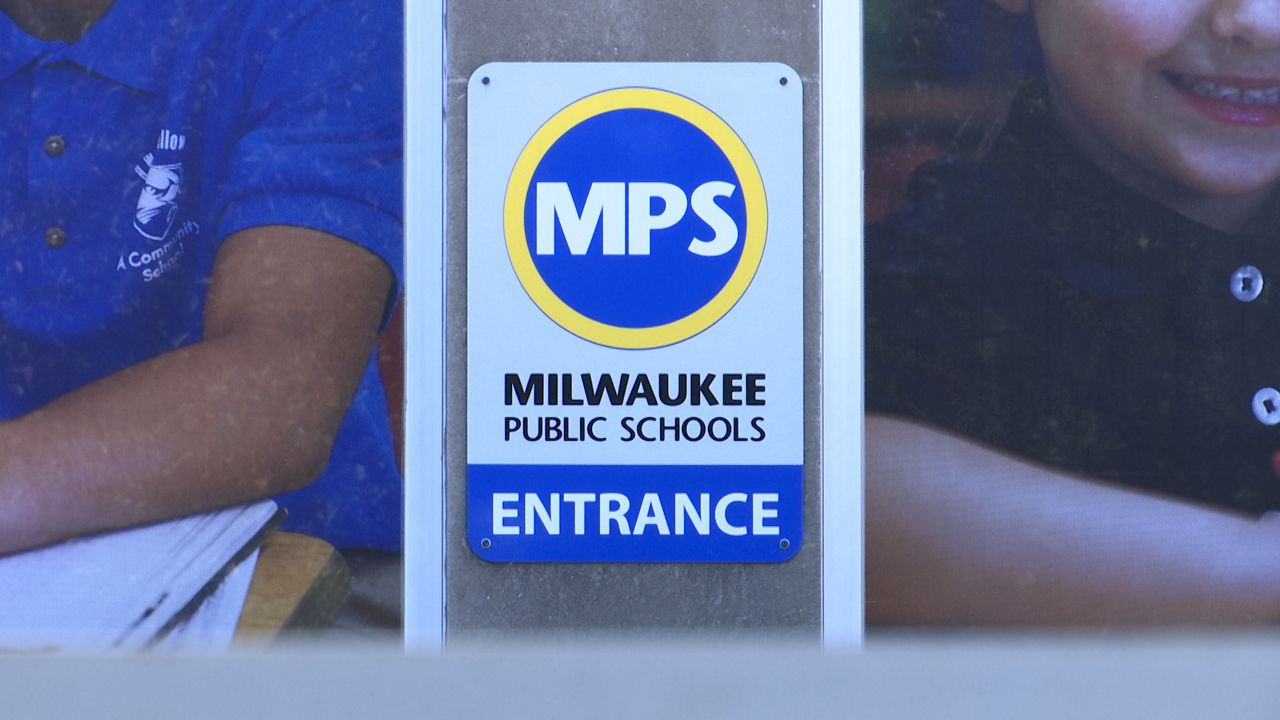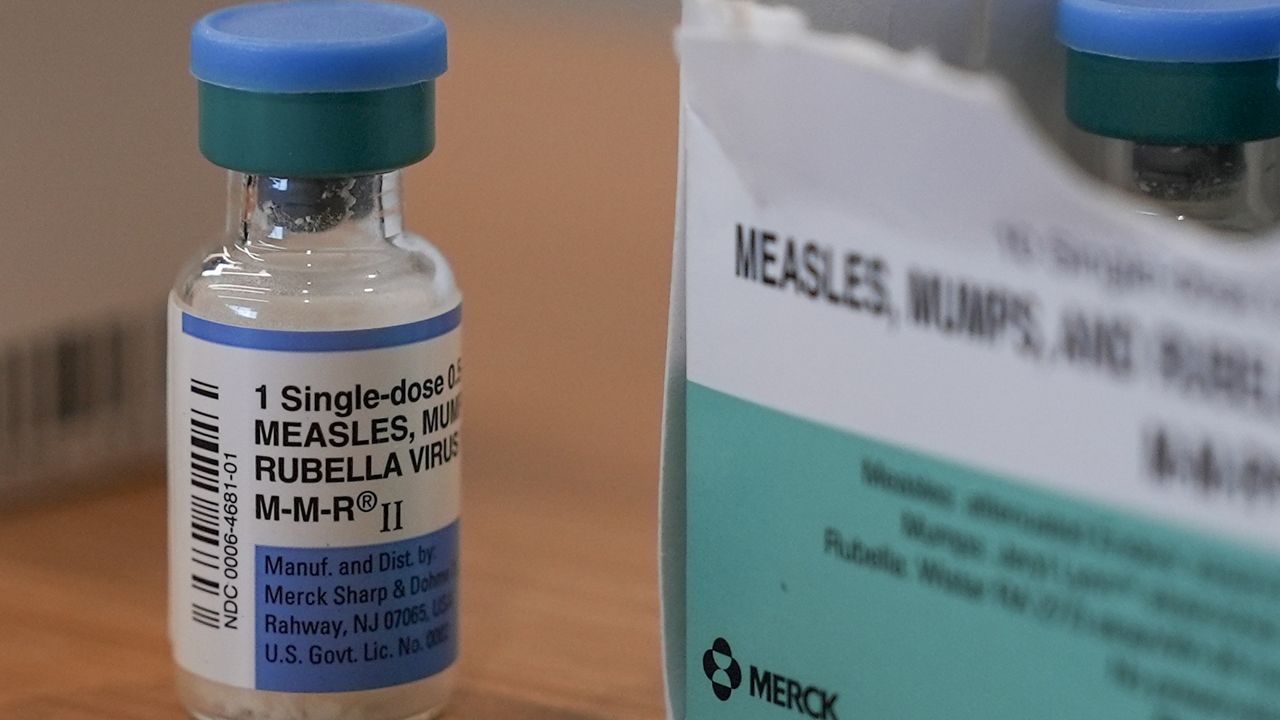WISCONSIN — Planned Parenthood Wisconsin said it is working to expand its services in a post-Roe Wisconsin.
After the U.S. Supreme Court overturned Roe v. Wade on June 24, 2022, abortion became illegal in Wisconsin.
Planned Parenthood Wisconsin, which previously provided abortions to Wisconsinites before the ruling was overturned, announced this month it is expanding the “availability of birth control and other family planning health care services.” Abortion services were previously provided at offices in Madison (3706 Orin Rd.) and Milwaukee (435 S Water St.).
“During this time when access to abortion services is suspended, it’s more important than ever for people to have access to birth control along with the full range of sexual and reproductive health care service,” Amy Doczy, vice president of patient services at Planned Parenthood of Wisconsin, said.
Planned Parenthood Wisconsin offers pregnancy assessments, miscarriage management, abortion navigation services, breast/cervical cancer screenings, birth control, STD testing/treatment, HIV testing/education, testicular exams and post-partum care.
Abortion navigation services include pregnancy assessment and ultrasound dating, abortion provider locators and financial assistance. In Wisconsin, it is only legal to get an abortion to save the pregnant person’s life, but it is legal to leave the state to get an abortion elsewhere.
According to a report from Guttmacher Institute, a nonprofit “leading research and policy organization committed to advancing sexual and reproductive health and rights,” 30% of Wisconsinites said they were delayed in getting sexual and reproductive health care during the pandemic.
“PPWI is always contemplating ways to expand our reach and meet the needs of our patients in communities across Wisconsin,” said Doczy. “At PPWI, confidential, high quality, affordable health care is our top priority. We look forward to welcoming all individuals regardless of their insurance or immigration status, gender and sexual identity.”
More than 6,000 Wisconsin residents underwent an abortion in 2021, according to a report from the Wisconsin Department of Health Services. The induced abortion rate in Wisconsin in 2021 was 5.9 per 1,000 women, when looking at women ages 15 to 44.
Wisconsin DHS said 61% of those abortions were surgical, 38% were chemically induced and less than 1% were “surgical procedures following a failed or incomplete chemically induced abortion.”
Wisconsin DHS reported for every 100 live births, there were about 11 abortions in Wisconsin in 2021. Nationally, that ratio was 19.5 abortions for every 100 live births.
Women ages 20 to 24 made up the largest percentage of reported abortions in 2021 — 30%.
Women 17 years old and younger accounted for 3% of Wisconsin abortions — 214 in all. Written consent was provided by a parent or guardian in 186 of these cases. In five cases, the patient receiving the abortion was an emancipated minor, and in 23 cases the parental consent requirement was waived. Parental consent waivers are grated if a minor seeks an abortion because they were sexually assaulted, they’re having a medical emergency that requires a life-saving abortion or if they became pregnant after having sex with a caregiver. Wisconsin DHS noted these types of waivers were not reported in 2021.
Learn more about your reproductive rights from the U.S. Department of Health and Human Services, here.
Aly Prouty - Digital Media Producer
Aly Prouty is a digital producer for Spectrum News 1 Wisconsin, Ohio and Kentucky. An award-winning, multimedia journalist, she holds an honors B.A. in journalism from Marquette University and an M.A. in journalism and media studies from The University of Alabama.









